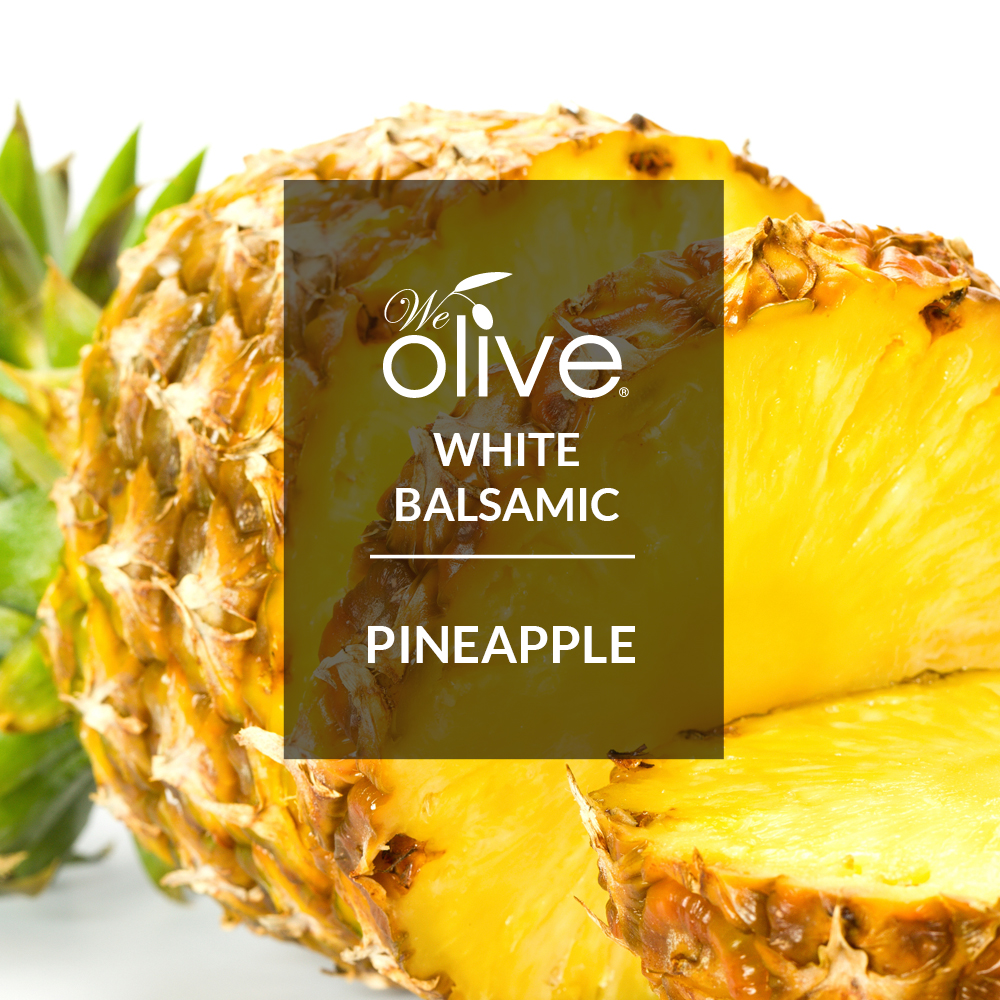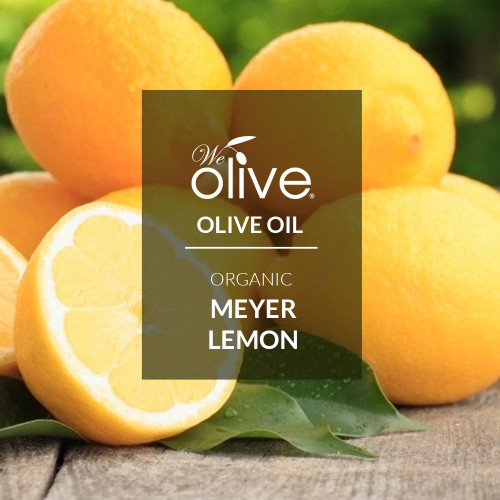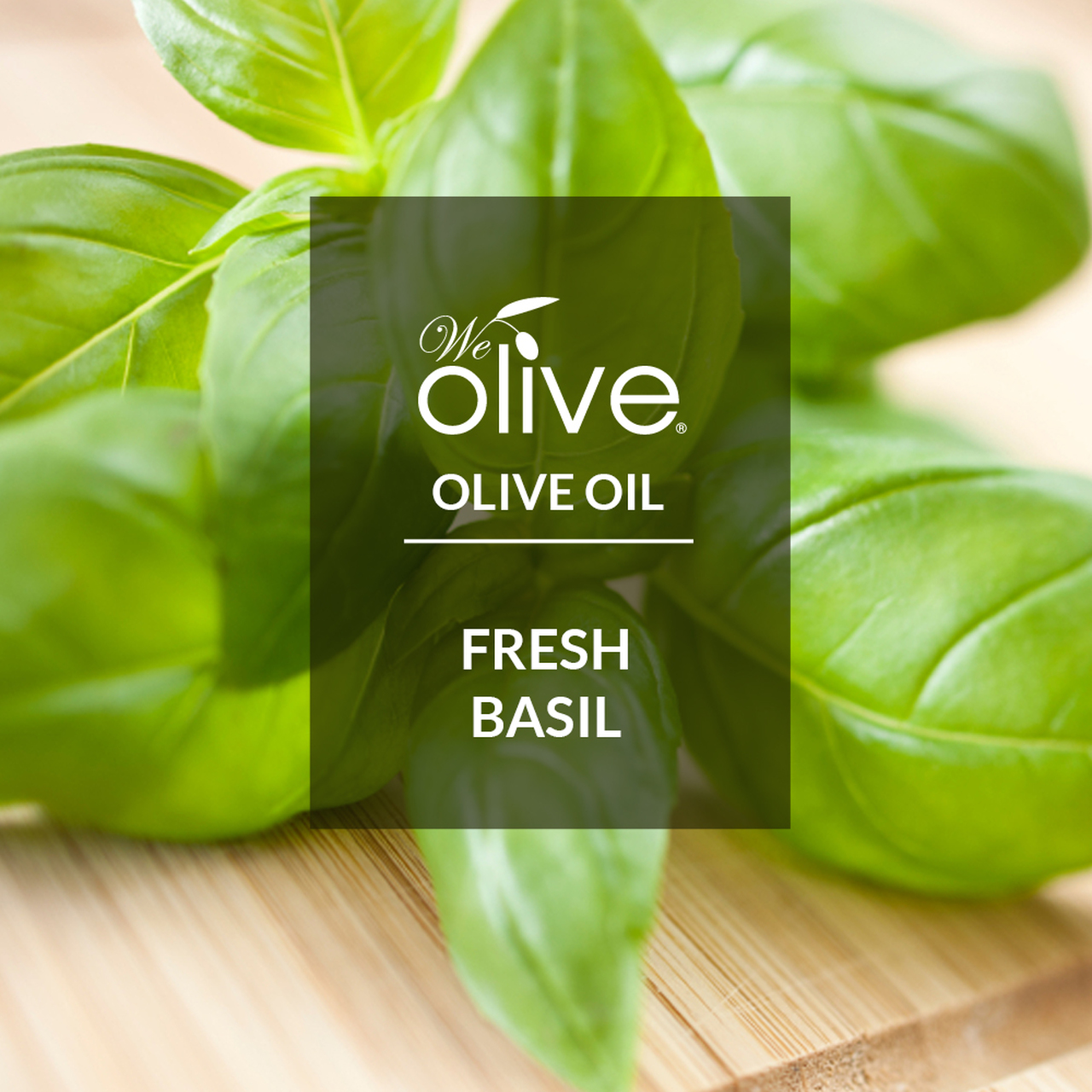Smart Everyday Cooking: Master Intriguing Olive Oil Recipes
Posted by Ruth Mercurio, Professional Olive Oil & Wine Taster on 22nd Jan 2024
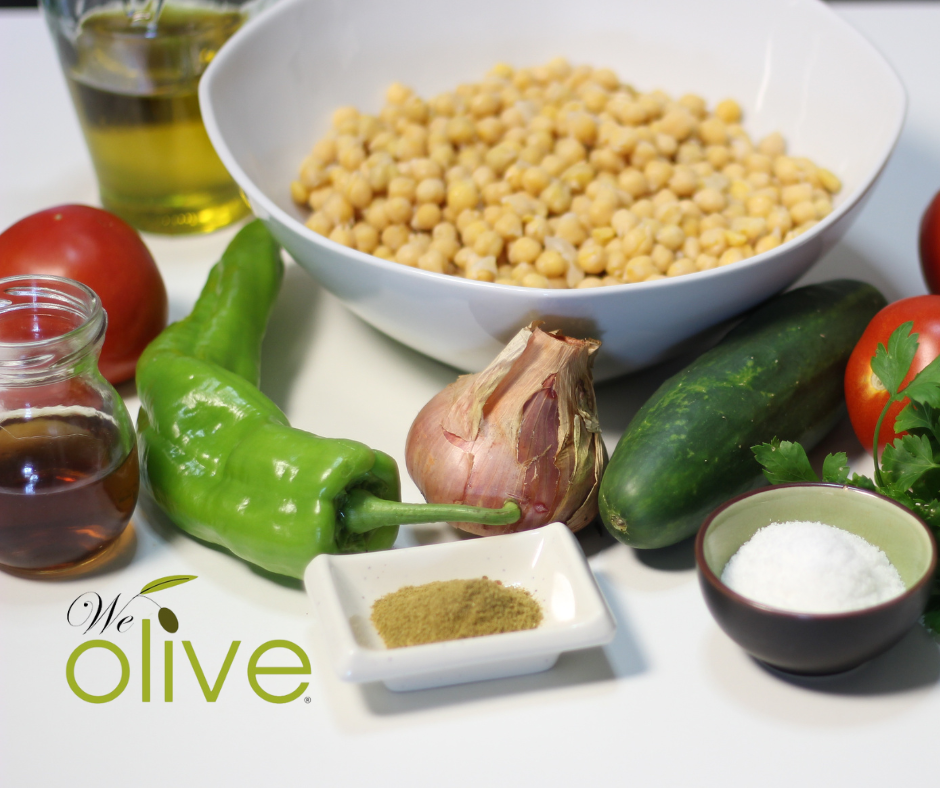 Culinary Adventures: Mastering Everyday Life with Olive Oil Recipes
Culinary Adventures: Mastering Everyday Life with Olive Oil Recipes
Extra virgin olive oil, a mainstay of the Mediterranean diet, is not only delicious but also incredibly healthy. Now, is the fact that it is healthy enough to integrate it into everyday life? No. The reality is that just because it's healthy doesn't allow it to be used indiscriminately. In order for it to have its beneficial effect, it is necessary to know how to consume it. Find out how to use it wisely in your daily recipes.
- Benefits of extra virgin olive oil on your health
- What uses can extra virgin olive oil have in your recipes?
- Is olive oil healthy if consumed every day?
- In what quantities should extra virgin olive oil be consumed?
- Choose the highest quality EVOO for your consumption.
Benefits of extra virgin olive oil on your health
Before we dive into the recipes, it's essential to understand why extra virgin olive oil is so special. This oil is mechanically extracted without the use of chemicals and retains all the natural nutrients of the olives. It is rich in healthy fats, polyphenols and antioxidants, oleic acid, and other components that have been shown to have numerous benefits for overall and cardiovascular health. Incorporating extra virgin olive oil into your daily diet not only improves the taste of your meals, but also contributes to a healthier life.
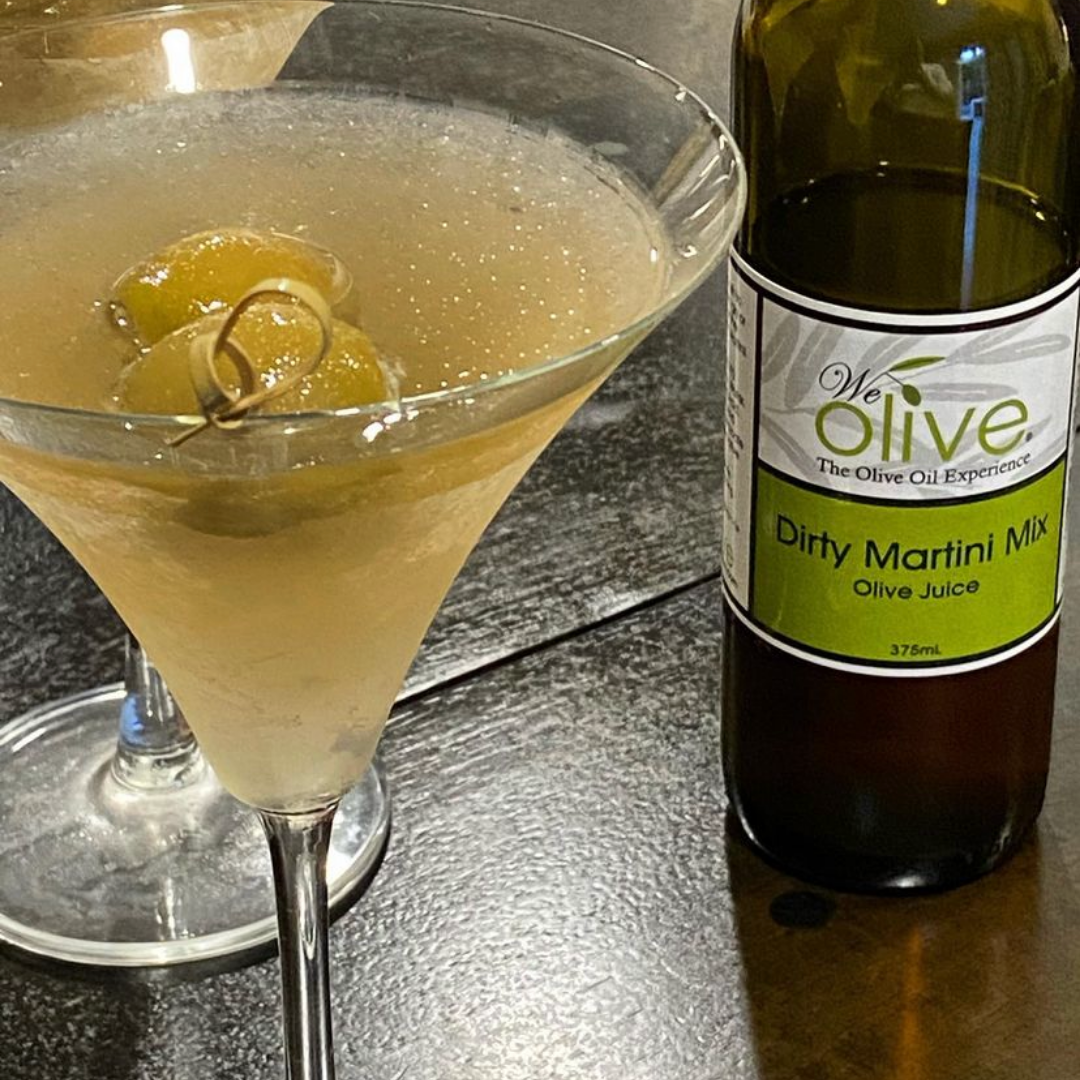
Olive Oil Recipes: Versatility of extra virgin olive oil
Another of its characteristics that make it indispensable is that extra virgin olive oil is a versatile and healthy ingredient that can be used both in olive oil gifts and in various ways in daily use. From great restaurants to every home, this ingredient can make each of your dishes a delight. Here are some suggestions on how to integrate it into your recipes:
- Sauces and Marinades: Use extra virgin olive oil as a base for sauces and marinades. Add garlic, herbs, and spices to create delicious combinations that can enhance the flavor of meats, poultry, or vegetables.
- Sautéed and Sautéed Steam: Use extra-virgin olive oil to sauté vegetables and lean proteins. Add a touch at the end of cooking to bring out the flavors.
- Dip Bread: Enjoy extra-virgin olive oil by dipping whole grain or whole-grain bread in a mixture of olive oil, herbs, and spices. It's a healthy and tasty snack.
- Soups and Stews: Add a drizzle of extra-virgin olive oil just before serving soups and stews for a punch of flavor and to take advantage of its nutritional benefits.
- Pasta Dressings: Mix extra-virgin olive oil with garlic, basil and cherry tomatoes to create a light and delicious dressing to accompany your pasta dishes.
- Baking: Replace other fats like butter or margarine with extra-virgin olive oil in baking recipes to make your desserts healthier.
- Toast and Bruschetta: Spread extra virgin olive oil on toast or bruschetta. Add tomatoes, garlic, and basil for a classic Italian appetizer.
- Desserts: Use extra-virgin olive oil in the preparation of desserts, especially those with complementary flavors such as chocolate or citrus, to give them a smooth texture and a unique flavor.
- Salad Dressing: Use extra-virgin olive oil as a dressing for your salads. Combine it with the best balsamic vinegar, lemon, or fresh herbs to enhance the flavor of your vegetables.
- Preserves and Marinades: Use extra virgin olive oil in the preparation of preserves and marinades to enhance the flavor and extend the shelf life of food.
Is olive oil healthy if consumed every day?
However, it is necessary to keep in mind that olive oil also contains calories, so it is considered beneficial for health when consumed in balance. According to the dietary guidelines of some federations that regulate food products, there is no specific amount set for the daily consumption of olive oil. However, it is recommended to follow some general guidelines:
- Moderation: Although olive oil is healthy, it is calorie-dense, meaning that a small amount contains a lot of calories. Therefore, it should be consumed in moderation to avoid excess calories in the diet.
- General Guidelines: Most guidelines suggest that about 20-35% of your total caloric intake come from healthy fats, such as those found in olive oil. This can vary depending on your daily calorie needs and level of physical activity.
- Type of cooking: Remember that extra virgin olive oil is most beneficial when consumed raw or at low temperatures, as high temperatures can degrade its nutritional components. Storing it in a cool, dark place will also help maintain its freshness and quality. Consuming it in moderation as part of a balanced diet can contribute to a healthier life.
- Consult a Professional: If you have specific concerns about how much olive oil you should consume in your diet, it is advisable to speak with a healthcare professional or nutritionist who can offer personalized guidance based on your individual needs and goals.
- Variety of Fats: It is important to have a variety of fats in your diet, including polyunsaturated fats and omega-3 fats. You shouldn't rely solely on olive oil as a source of fat, but incorporate other healthy sources as well, such as fish, nuts, seeds, and avocados. Instead of adding olive oil to a diet already high in saturated and trans fats, consider replacing it with less healthy fats, such as butter or lard.
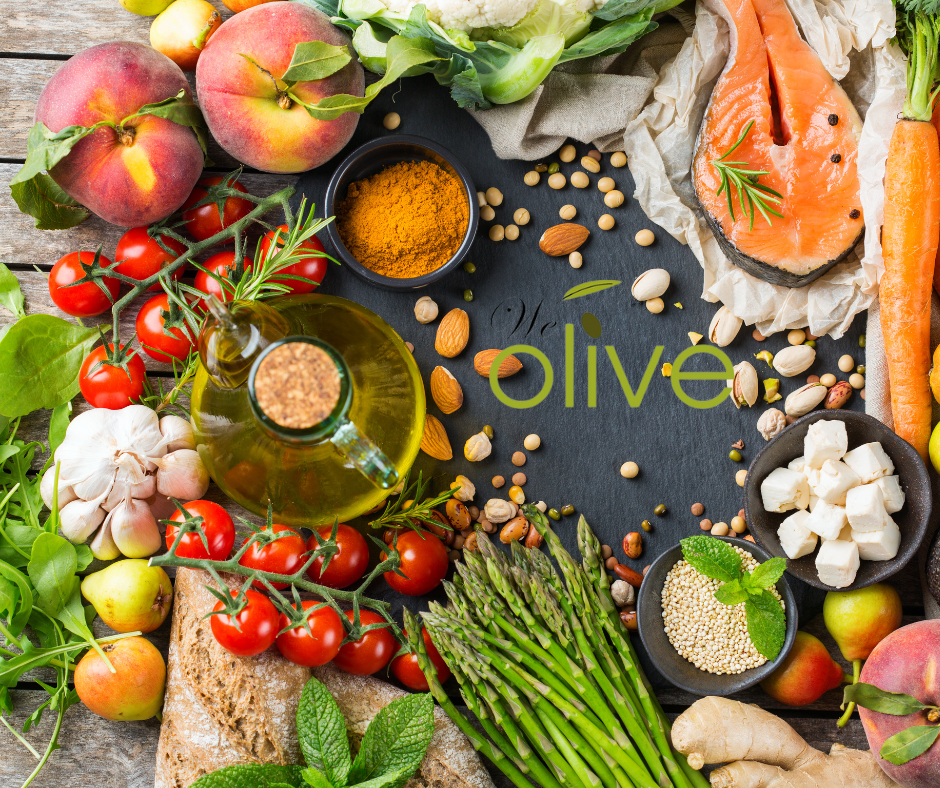
In what quantities should extra virgin olive oil be consumed?
As we have discussed, the recommended use of EVOO can vary depending on individual dietary needs and daily olive oil intake (use our olive oil intake calculator). But when it comes to taste and personal preference, it's always good to start with less and adjust according to your taste. Here are some general guidelines on how much olive oil you can consider when using it in various culinary preparations:
- Raw (as a bread dressing, etc.): One to two tablespoons (15-30 ml) per person.
- In Salads: One to two tablespoons (15-30 ml) per salad.
- For Desserts: Recommended amount depending on the recipe, usually one to three tablespoons (15-45 ml) per batch.
- In Marinades: Recommended amount depending on the size of the piece of meat or vegetables, two to four tablespoons (30-60 ml) per 450 grams of ingredients.
- In Meat Marinade: One to three tablespoons (15-45 ml) per 450 grams of meat.
- In Vinaigrettes: One part olive oil to three parts vinegar (e.g., 1/4 cup olive oil and 3/4 cup vinegar for a vinaigrette).
Choose the highest quality EVOO for your consumption.
Now, when you go to the supermarket you may wonder what the best extra virgin olive oil is. But at We Olive we make your search much easier since not only do we have store points at your fingertips, but you can also buy your certified extra virgin olive oilonline. We invite you to get to know all our select gourmet products made with the highest quality processes. You can also email info@weolive.com or call 805 238 2900.



